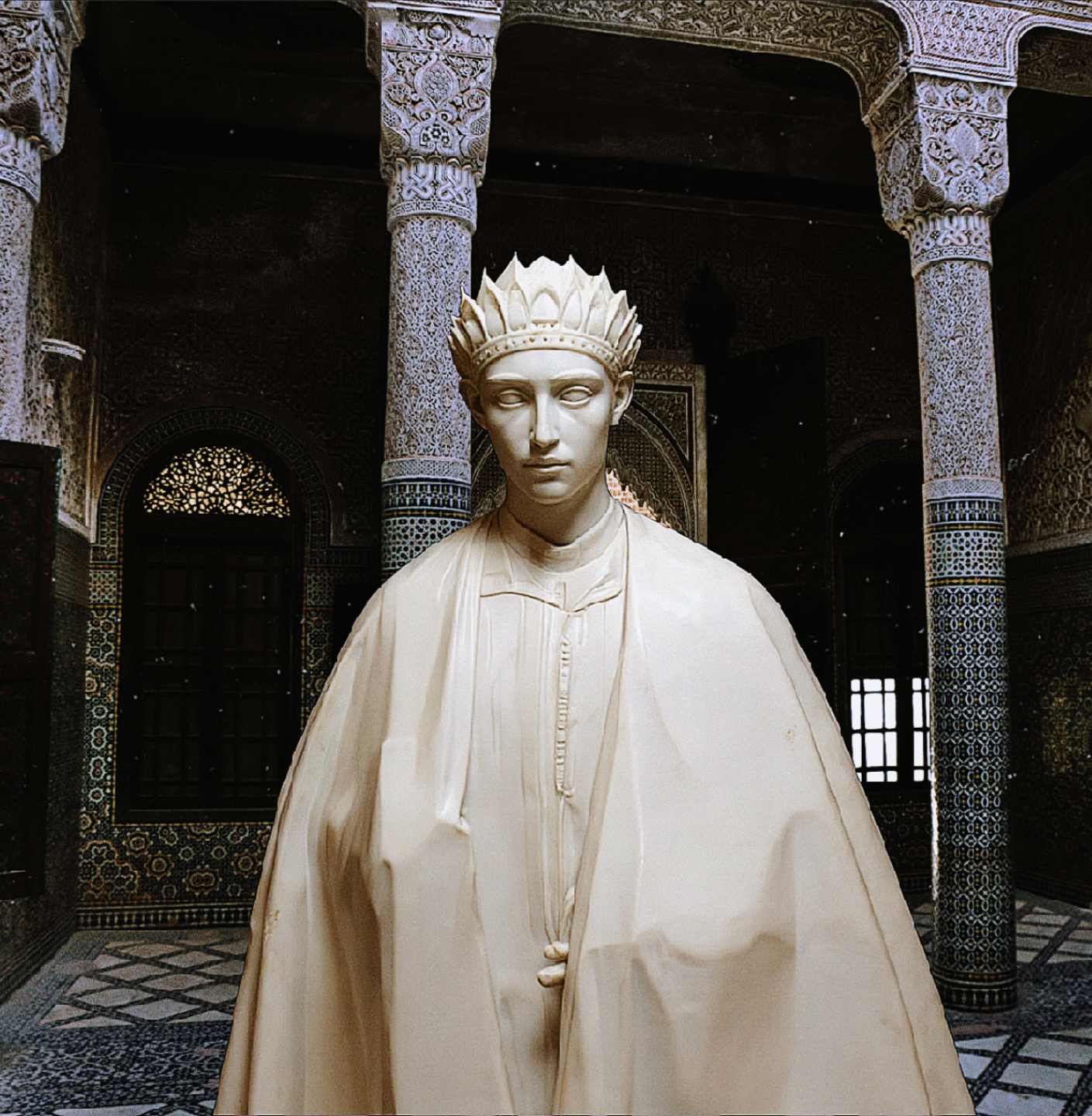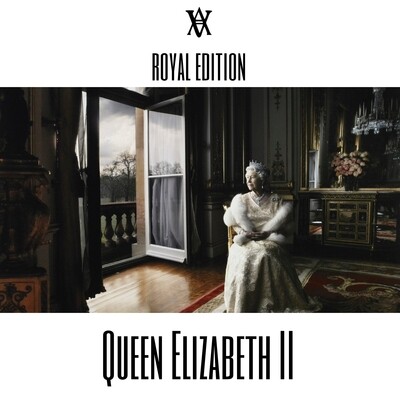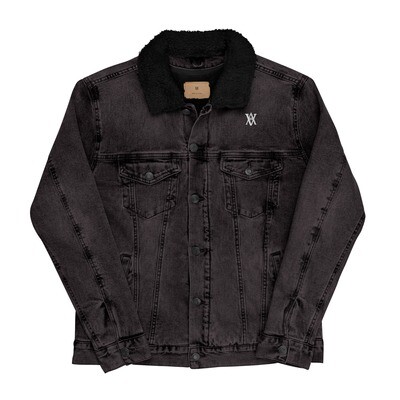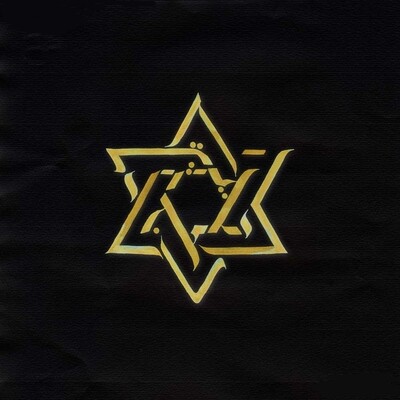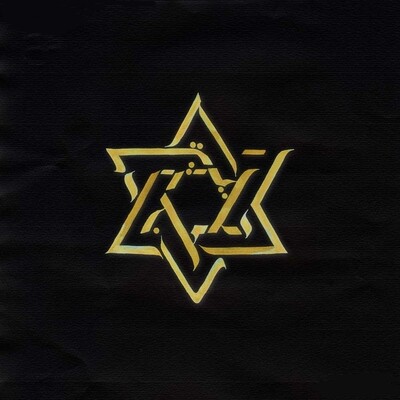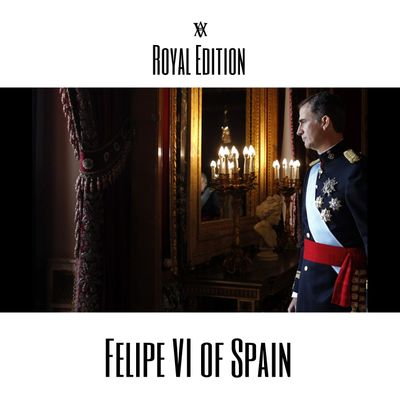Moulay(Hermes Theme)
Patronage: Morocco, Entrepreneurs, Billionaires, Crete, the Occult, Poets, Princes, Authors and Transportation
Moulay AKA: Moulinho, Hermesovich, Hassani Yonani, Habibs(by me), Habibi(by me), Mou Mou, lil rebeu, rich ahh lil boi.
I could talk all day about our Habibi Moulay Hassan, but it’s time to understand his other half- his patron Hermes. Often overlooked as just a trickster who wears winged sandals, and a carrier of souls to the afterlife; his real powers is enough to make the Titans bow. Hermes can travel through the three levels of creation and time-(Olympia, Earth, Underworld) (Past, Present, Future). He is the creator of some practices in Magick and Witchcraft- something he shares with his brother Apollōn. He has lordship over life and death, should he choose to exercise that power, and is noted as the guardian of medicine.
This theme begins with the comfort of the past, bringing in familiar sounds and instruments reminiscent of Hassan(Hermes Theme). The journey of Moulay, however, takes a steep dive down into the underworld as he descends. Since Moulay hasn’t completely ascended into his patron status, he finds hisself the subject to a divine message(opposite of his normal position). The future is revealed here by an unknown voice, possibly that of Hades- A message that he will be the “Future King of Morocco”.
Moulay returns to earth, quickly changing the tone and style of the theme. We are greeted with the sounds of dance as we are now living in the present. The techno sounds and club beat helps us forget our worries as we travel with our souls, like Hermes. Moulay is so close to completing his ascension into his patron, and it is heard through the re-arrangement of his own theme, at his own doing. The sounds of Earth and Olympia begin to collide, since Hermes presides over worlds. The sounds of Moulay and Hermes are joined by one symbolic sound- the voices of His Royal Highness Prince Moulay Hassan, along with Hermes, commanding their subjects to “Bow”. We are now in the presence of Moulay-Hermes.
What kind of patron would he be if he left without one final earthly party though🥺? …The theme ends with the sounds of Olympia, Earth, and the Underworld giving us one last party to dance to as we relish in the presence of our new patron.
This Theme features "Ascension" and "Descension", and is the only one to NOT do so in a marching style; signifying his relation through patronage via House Anastasis(a Noble House), which is lesser than his power through title via the Royal House of Alaouite.
Fun Facts:
This theme loosely references the story of Hermes stealing cattle from Apollōn, except this time it was his sounds. Certain sounds that are specific to the other Patron Themes are embedded into this theme, and even reveals a specific sound of the upcoming theme for Gustavo-Adonīs(Lil bro petty af🤷♀️). See if you can find those sounds, and predict which sound will be in the next theme.
Moulay Hassan belongs to the Royal House of Alaouite, and will be featured on the Royal Edition section of Hekatos Co.(AAA) in the future.
Hassan is the middle name of my real brother, which is why I started with Hassan(Hermes Theme) when I decided to create the Olympian Patronage for the House Anastasis. We really are family😉.
Moulay(Hermes Theme) is released on Moulay Hassan’s B-Day, which he also shares with my real sister, so wish my Habibs a very Happy Birthday🥺. To make matters more mystical, Moulay shares the birthday number 11 with me(Édouard-Apollon).
To make things crazy mystical Trismegistus😵💫... Moulay-Hermes is born in May, which is named after his mythical mother Maia(Μαίη)
This theme will be the fourth AND last theme to feature Ascension and Descension(for now). Four patron themes featuring Ascension and Four patron themes featuring Descension symbolizes the Four Greek crosses on the CoA’s for House Anastasis and Katabasis- I hinted at this decision with the cover art of Iakeem-Nárkisso. Ascension(Édouard, Ella, Ester, Moulay) Descension(Édouard, Ella, Moulay, Iakeem)
This Theme starts where Hassan(Hermes Theme) ended, and ends where Édouard(Apollōn Theme) starts. The answer is in the Arab shouts, as well as the chant of deMoravia.
©2022 DemTwianLLC
℗2022 DemTwianLLC

